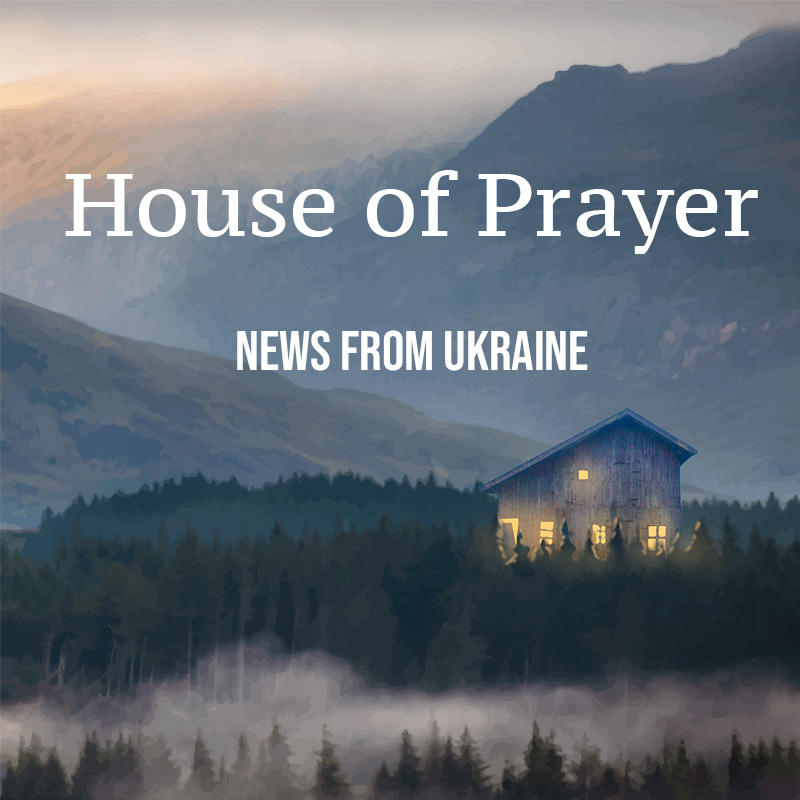Watch on YouTube
Full transcript in English:
“Dear sisters and dear brothers!
I address my greeting and my thanks to the organizers of the World Day of Prayer and Reflection against Human Trafficking, promoted by the International Union of Superiors General and the Union of Superiors General. Special thanks are owed to the group Talitha Kum, which is coordinating the initiative in collaboration with many local and international organizations.
The theme this year is: “The power of care. Women, economy and human trafficking”. It invites us to consider the condition of women and girls, subjected to multiple forms of exploitation, also through forced marriage, domestic slavery and slave labour. The thousands of women and girls who are trafficked every year denounce the dramatic consequences of relational models based on discrimination and submission, and it is not an exaggeration – there are thousands of them!
The organization of societies worldwide is still far from reflecting clearly the fact that women have the same dignity and identical rights as men. It is unfortunately noted that “doubly poor are those women who endure situations of exclusion, mistreatment and violence, since they are frequently less able to defend their rights” (Encyclical Fratelli Tutti, 23).
Human trafficking, through domestic or sexual exploitation, violently relegates women and girls to their supposed role of subordination, in the provision of domestic or sexual services, and to their role as providers of care and dispensers of pleasure, which proposes yet again a model of relationships marked by the power of the male gender over the female. This occurs even today, and at a high level.
“The violence suffered by every woman and every girl is an open wound on the body of Christ, on the body of all humanity”
Human trafficking is violence! The violence suffered by every woman and every girl is an open wound on the body of Christ, on the body of all humanity; it is a deep wound that affects every one of us too.
There are many women who have had the courage to rebel against violence. We men, too, are also required to do so, to say no to every form of violence, including that against women and girls. And together we can and must fight to ensure that human rights are interpreted in a specific way, respecting diversity and recognizing the dignity of every person, with special attention to those whose fundamental rights have been violated.
Saint Bakhita shows us the way of transformation. Her life tells us that change is possible when one lets oneself be transformed by God’s care for each one of us. It is the care of mercy – it is the care of love that changes us deeply and makes us able to welcome others as brothers and sisters. Recognizing the dignity of each person is the first act of care, it is the first act of care! Recognizing dignity.
And taking care of others is good for all, for those who give and those who receive, because it is not a unidirectional action, but rather it generates reciprocity. God took care of Josephine Bakhita; he accompanied her in the process of healing the wounds caused by slavery, until her heart, mind and inner self became capable of reconciliation, freedom and tenderness.
I encourage every woman and every girl who is committed to transformation and care, in school, in the family, and in society. And I encourage every man and every boy not to be left out of this process
of transformation, recalling the example of the Good Samaritan: a man who is not ashamed to tend to his brother and to take care of him. Taking care is God’s action in history, in our personal history and in our history as a community.
“Do not be afraid of the arrogance of violence”
God has taken care of, and takes care for us continually. Caring together, men and women, is the appeal of this World Day of Prayer and reflection against human trafficking: together we can encourage the growth of an economy of care, opposing with all our might every form of exploitation in human trafficking.
Dear sisters and dear brothers, I know that many of you are participating in this Day of prayer and reflection, from various countries and different religious traditions. I wish to express my gratitude and encouragement to all of you: let us go forward in the struggle against human trafficking and every form of slavery and exploitation. I invite you all to keep your indignation alive – keep your indignation alive! – and to find, every day, the strength to engage with determination on this front.
Do not be afraid of the arrogance of violence, no! Do not surrender to the corruption of money and power.
Thank you all, and keep going, do not be discouraged! May God bless you and your work. Thank you.”
#PrayAgainstTrafficking #ThePowerOfCare

.png)





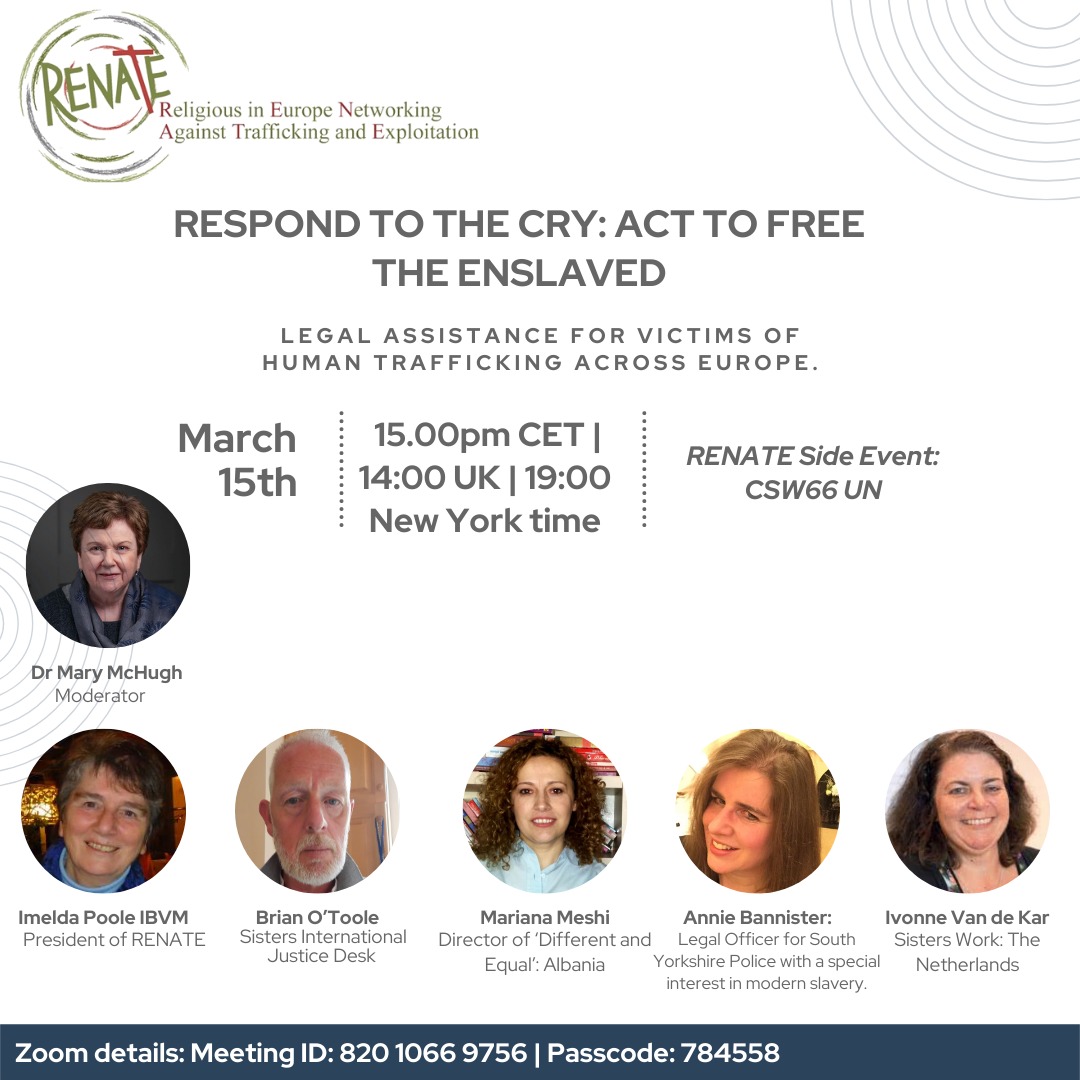
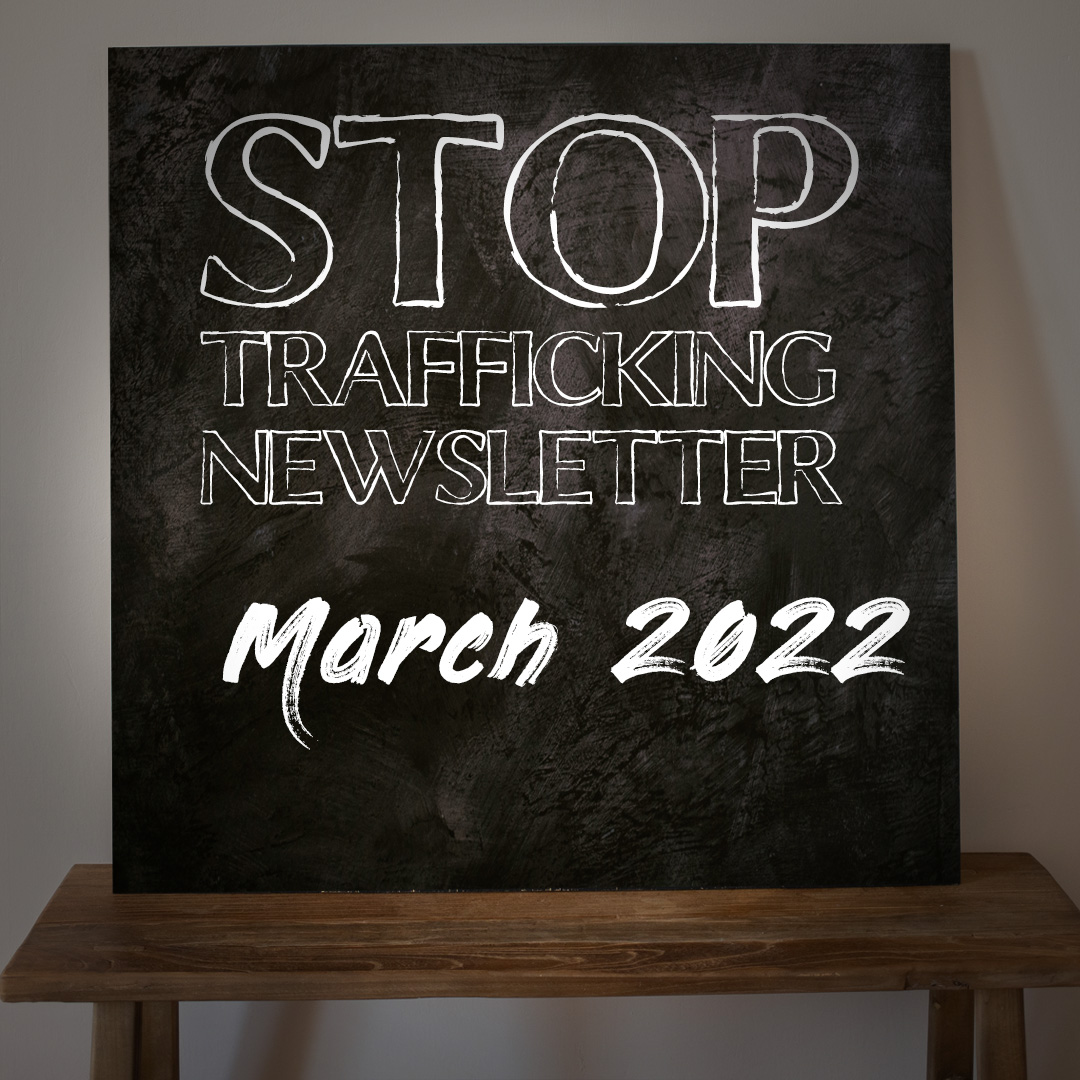

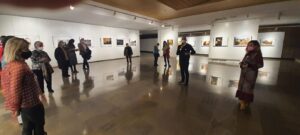










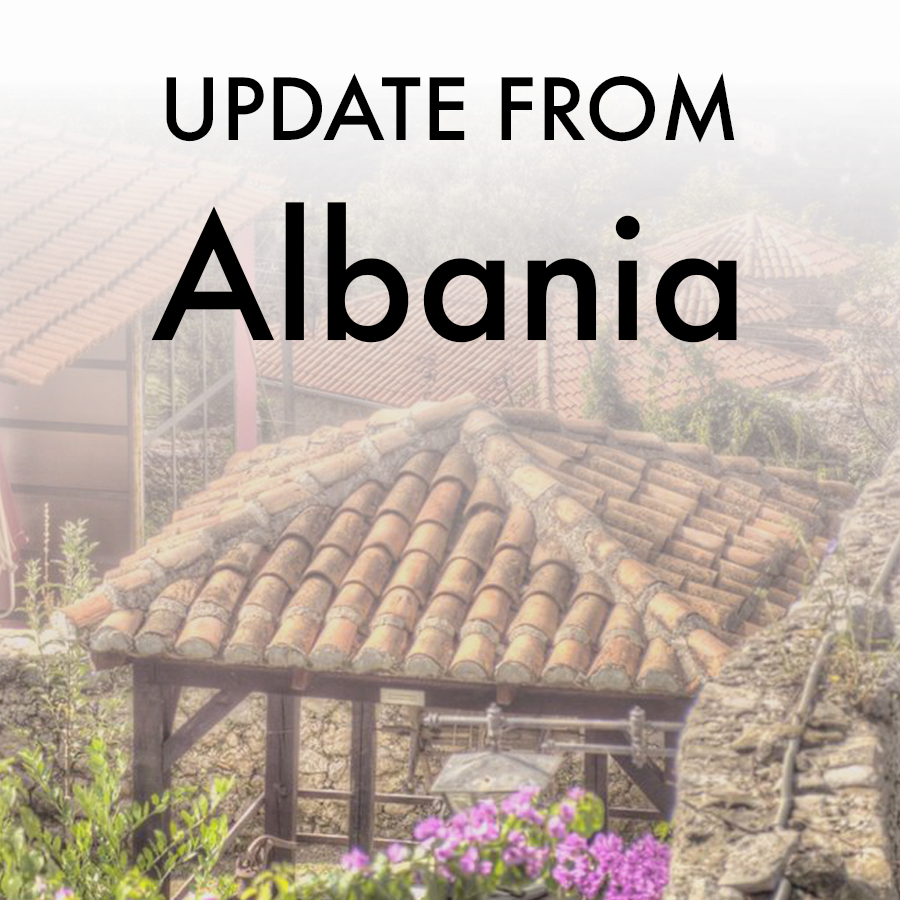
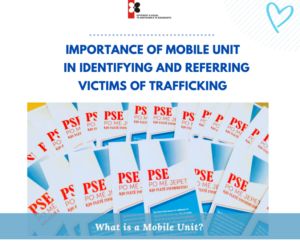
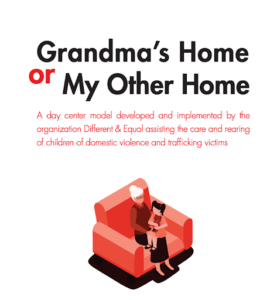 This initiative was established in 2015 and is a great model of care provision in a setting that feels like a home.
This initiative was established in 2015 and is a great model of care provision in a setting that feels like a home.